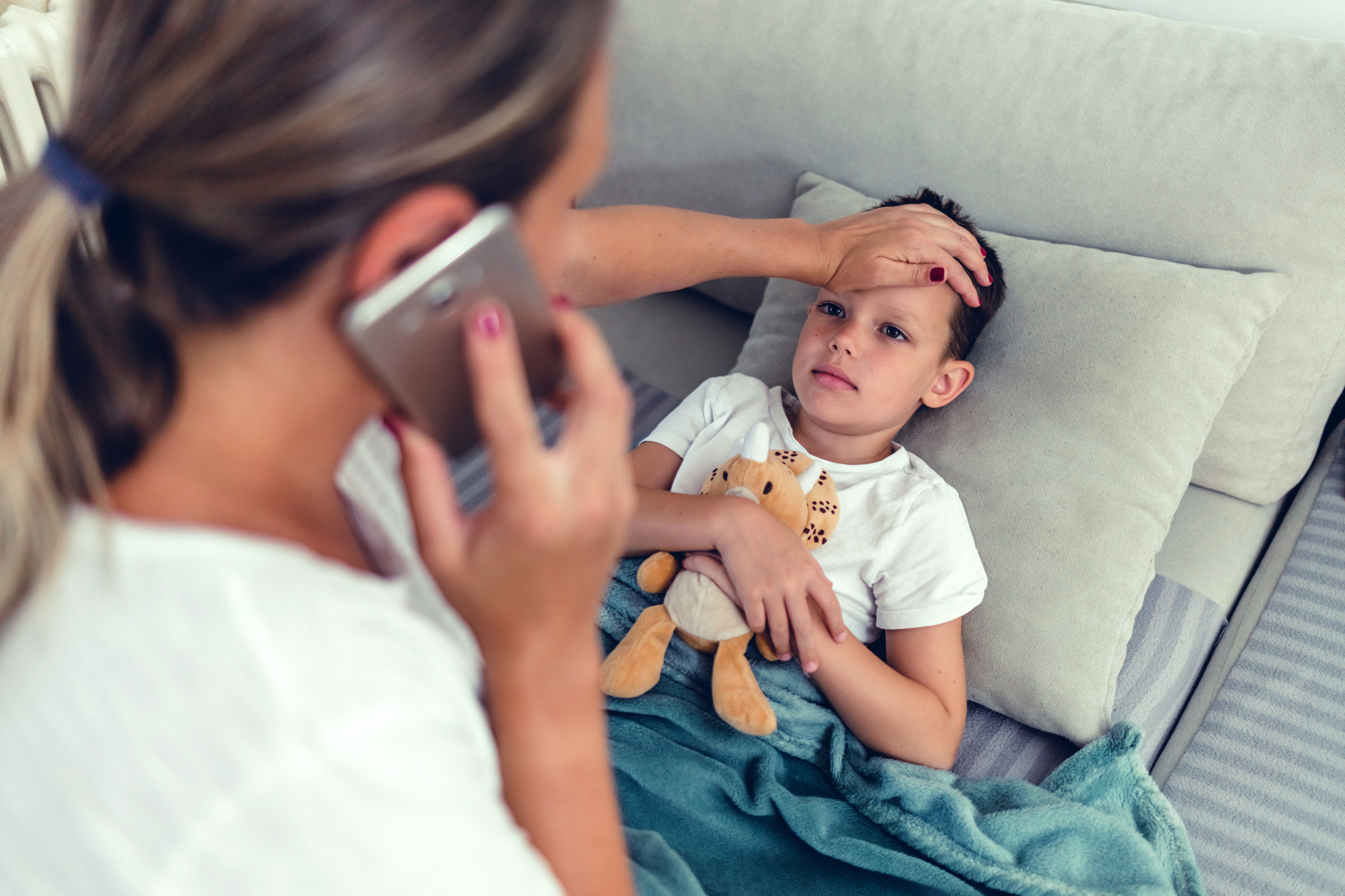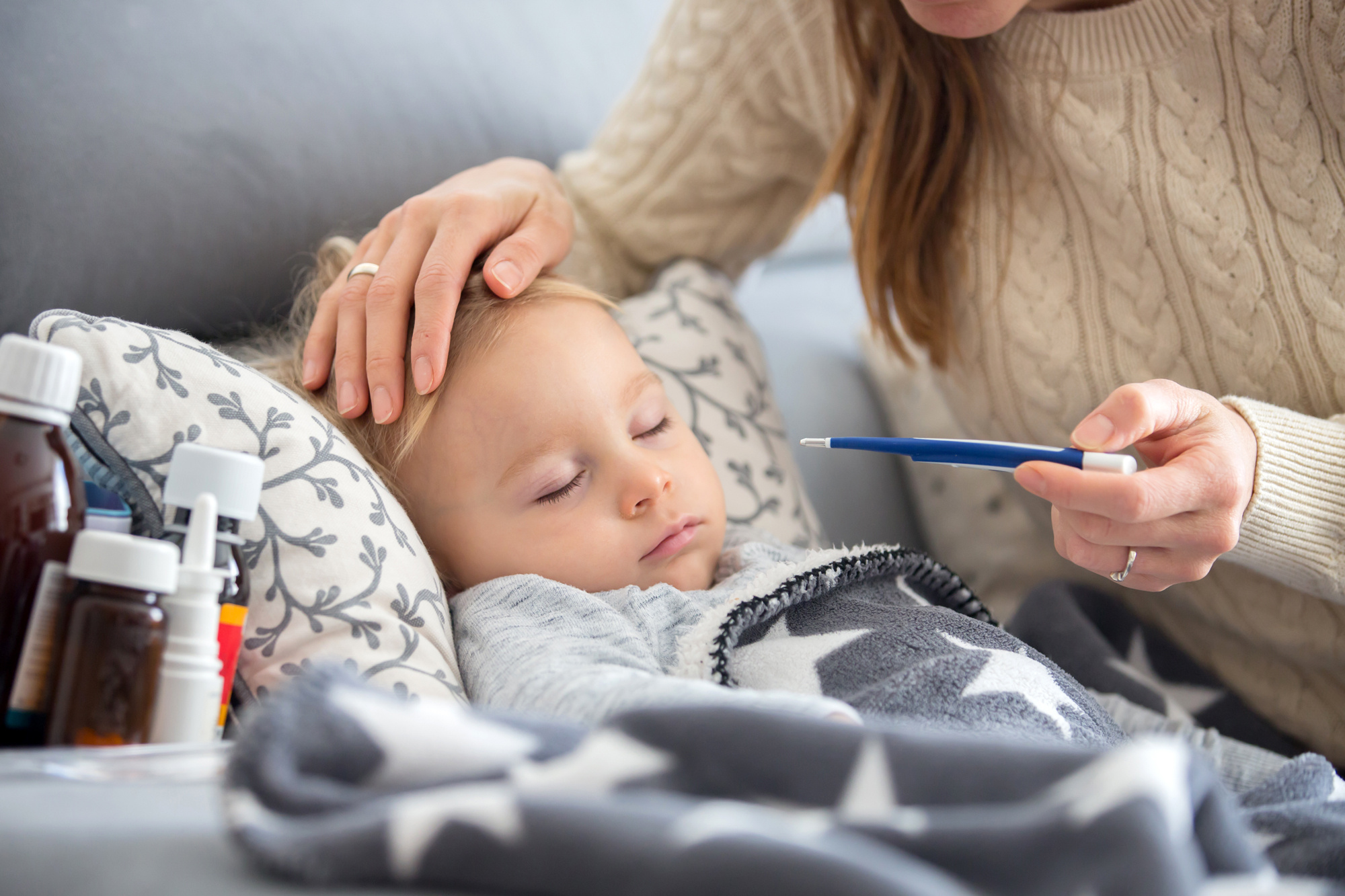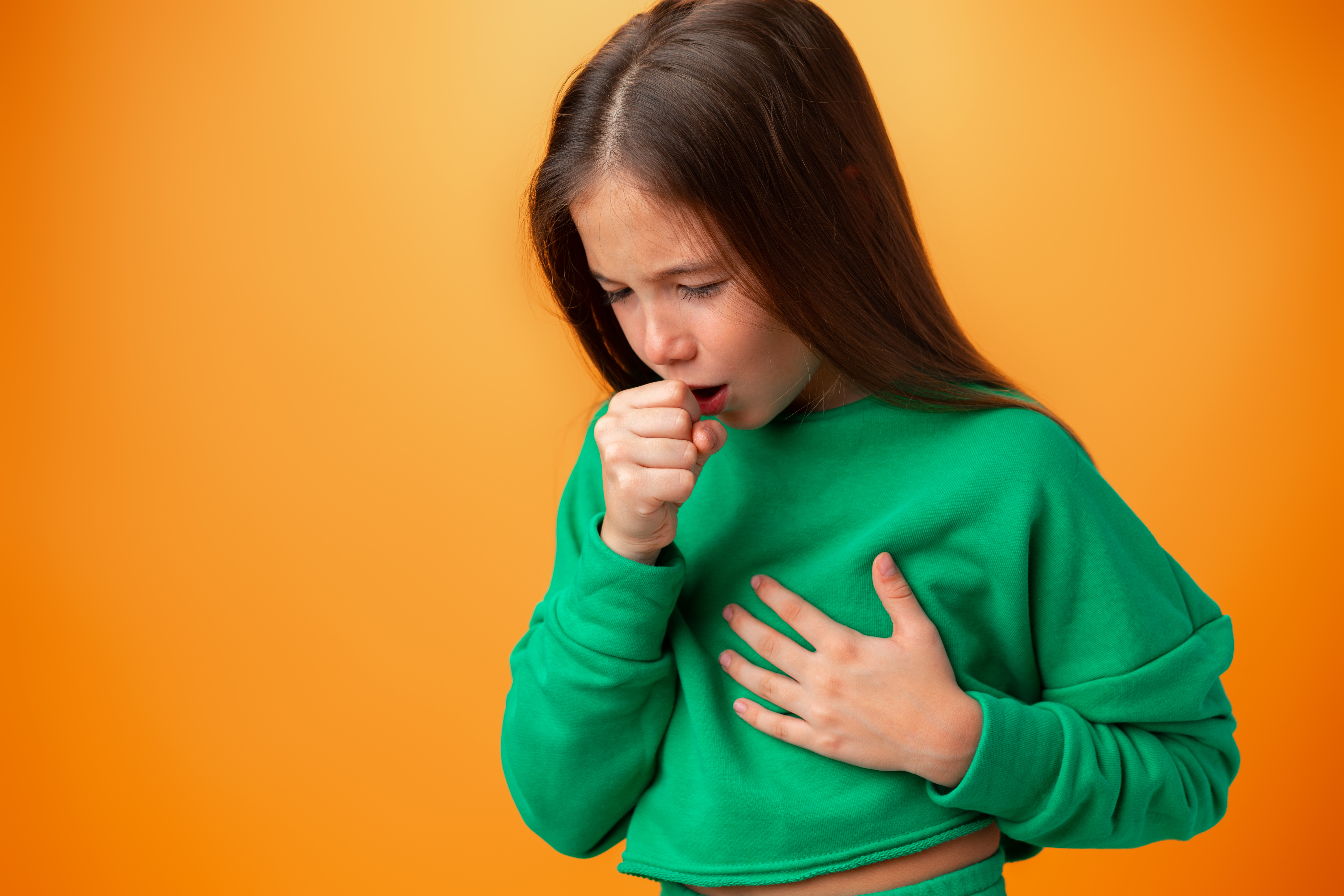Sunday, August 20, 2023
11 Tips for a Healthy Sleep Routine for Children Aged 0-3 Years


The values considered as fever according to the measurement sites are:
|
Rectal (anus) |
38.0°C |
|
Oral |
37.5°C |
|
Forehead |
37.8°C |
|
Axillary (armpit) |
37.3°C |
|
Ear |
37.8°C |


Administer an appropriate pain reliever (such as paracetamol or ibuprofen) based on your child's weight and seek medical attention.
If your child has sustained a head injury due to a bump or fall, seek medical attention at the nearest healthcare facility.


Last Updated Date: 22 January 2024
Publication Date: 22 January 2024
Pediatric Health and Diseases Department
Pediatric Health and Diseases Department
Pediatric Health and Diseases Department
Pediatric Health and Diseases Department
Pediatric Health and Diseases Department
Pediatric Health and Diseases Department
Pediatric Health and Diseases Department
Pediatric Health and Diseases Department
Pediatric Health and Diseases Department
Pediatric Health and Diseases Department
Featured Cancer Articles
Processing of Personal Data: I consent and approve the processing of my personal data and contact information, which I provided during the registration process, by Private Anadolu Medical Center Hospital and Private Anadolu Health Ataşehir Medical Center, both in relation to my examination, appointment, and treatment, and for all kinds of health-related information, promotions, openings, invitations, event reminders, and communication activities.
Commercial Electronic Message: I agree to receive Commercial Electronic Messages from Private Anadolu Medical Center Hospital and Private Anadolu Health Ataşehir Medical Center for all kinds of health-related information, promotions, openings, invitations, event reminders, and communication activities.